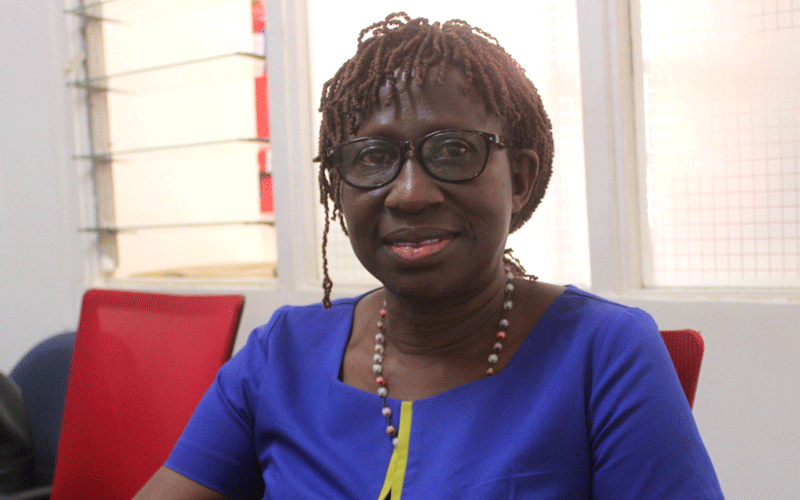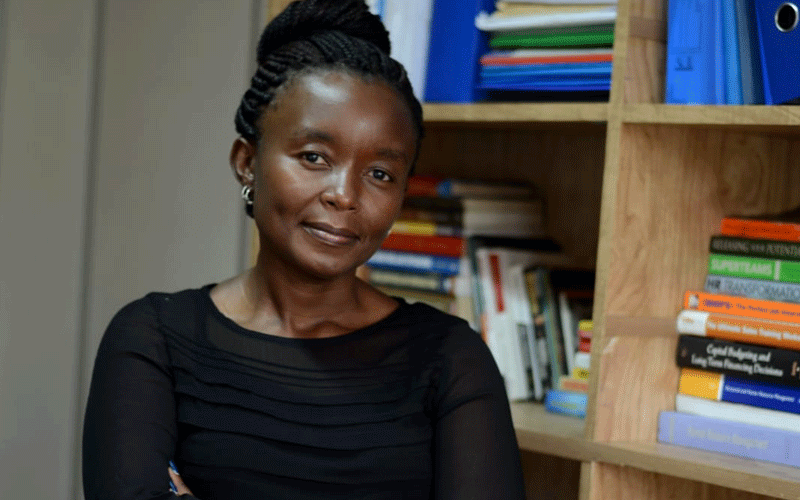What experts predict for business, work in 2021
By Harriet James, January 7, 2021
Harriet James@harriet86jim
Last year began with a lot of hopes and expectations, but changed when the pandemic damaged the economy, left many jobless, and changed how we do business.
Most businesses have been thriving on rigorous planning and projections to survive and beat competition.
As such, long term plans were deemed vital for focus, while short term plans mainly seen as the fuel that moves the truck.
Esther Nderitu Mwangi, CEO and managing consultant at Executive Edge Consulting, says most businesses and organisations will change their outlook on strategic thinking.
“We have borrowed heavily on long term projections with little thought on the entire journey.
Businesses and organisations must consider constant review of the milestones made, have room for change as there are a lot of likely changing scenarios,” she notes.

She also adds that in 2021, businesses will save a huge deal if they hire common service providers and opt to co-share office spaces.
“As is the case of hiring a common service provider for example, a receptionist or a mechanic, so is the space.
It will not be surprising to find people working in two or four companies sharing same space, hence reducing the cost of rent,” she explains.
Multi-skilled staff
With the economy hit hard, many businesses have had to rethink their survival — many of them have been forced to shrink their workforce, turning to outsourcing for some services or working with multi-skilled staff.
There has been an increased online use, which has made it possible for working from home to become a norm.
More smart offices will emerge. Experts predict the global smart office market is poised to reach Sh5.4 trillion by 2024.
In 2017, the market was valued at Sh2.3 trillion and was predicted to grow a little over 12.98 per cent in a six-year period.
The pandemic has resulted in the need for technologies such as Artificial Intelligence, which will make it one of the strongest business trends for the next 10 years.
More and more companies are announcing that working from home will be permanent, making work flexible.
Some will adopt hybrid work setups, which combine both office and remote work.
This will present new challenges to unequipped teams with poor work habits. In other instances, 2021 will see the emergence of new careers.
Change management
“Post Covid-19, we have seen the logistics department thriving. Professions that are likely to grow include videography, photography, graphic design, make-up artist, agri-business and fashion.

Others include technology such as air cleaning gadgets, contactless transactions and robotics,” predicts Esther.
Human resource strategist, Richard J Magoma advises organisations to invest in change management strategies in the coming year to thrive.
“Employees have to be trained to upscale their skills, especially technological ones. Enterprises are going online.
Work is going online in a big way. Teething problems will be experienced, but that won’t stop the train of workplace dynamics.
Organisations that will leverage on technological problem solving will be more sustainable,” he notes
Richard predicts that workers who will be innovative, possess ingenuity, creative will be more valued and paid by top dollar in organisations.
Crises always compel organisations and employees to reexamine their operational strategies so to maximise on resource utilisation and allocation.
Money, health matters
This in turn enables organisations to achieve efficiency, profitability and all other good things that they professes to have.
“Nothing kills the human spirit easily because we are infinitely endowed with brains and talent. Sometimes it takes a challenge and then employees raise to the occasion and prevail,” he notes.
Richard adds that employers that strategically and authentically invest in employees as the lifeblood of the organisations will attract premium outcomes than those who pay lip service to learning and development.

“More personalised and customised coaching and mentoring will be required. Employers who look at training and development as an expense will be treated abnormally,” he says
HR manager Superfoam, Consolate Anderson advises organisations to focus on sensitising workers on health issues to have a healthy workforce. This in turn will increase their productivity.
“Companies should develop wellness programmes such as financial wellness, which will encourage employees to learn how they manage their money and invest.
They should also do psychosocial support; Covid-19 has brought mental challenges to many people, and consequently, because of uncertainties, some people have picked unacceptable social behaviours such as overdrinking and drugs.
We also need to address food and nutrition; because of Covid-19, if you feed well and boost immunity you are able to fight it off.
As organisations, we should create awareness to our employees particularly the older ones on the non-communicable diseases and should facilitate tests for them to know their underlying conditions,” she says.